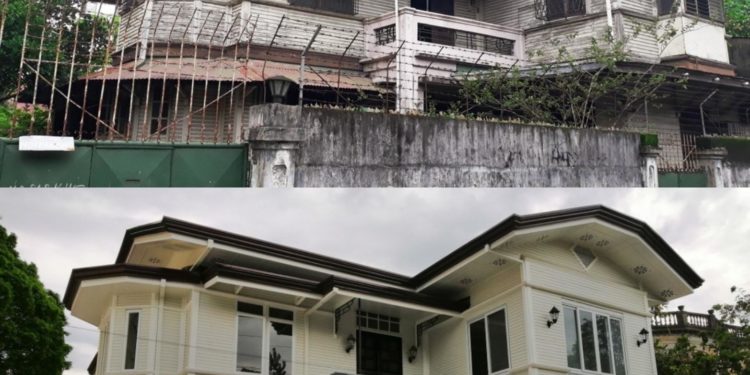House flipping, a real estate investment strategy prevalent in the United States and European countries, involves identifying dilapidated properties, renovating them, and selling for a profit. Though slowly gaining traction in Kenya, it requires careful research and scrutiny to avoid financial losses.
Before diving into house flipping, investors must conduct thorough market research to understand their target market and the property’s surrounding area. This ensures compatibility between the property and potential buyers. Seeking professional advice from a valuer is crucial to determine a competitive market price for the property.
Sourcing finance is a pivotal step, demanding financial preparedness to seize opportunities promptly. Once the property is acquired, cost-effective renovations and repairs are essential. Investors should stay informed about the latest market trends, incorporating them strategically for a competitive edge. Simple elements like paint colors, finishes, kitchen styles, and lighting can significantly influence market appeal. Allowing flexibility for potential buyers to make adjustments is also beneficial.
Balancing renovation costs is crucial to protect the investor’s profit margin. When ready for market disposal, a robust marketing strategy becomes paramount. Market segmentation, focusing efforts on specific target demographics, can be optimized through social media platforms with advanced advertising capabilities.
In Nairobi, Starehe constituency offers numerous neighborhoods suitable for house flipping. Investors, often property owners themselves, can initiate their journey by flipping their own properties. The potential for Kenyan real estate investors to invigorate this market is noteworthy, making house flipping a compelling investment option.
Email your news TIPS to sharpdailyke@gmail.com














